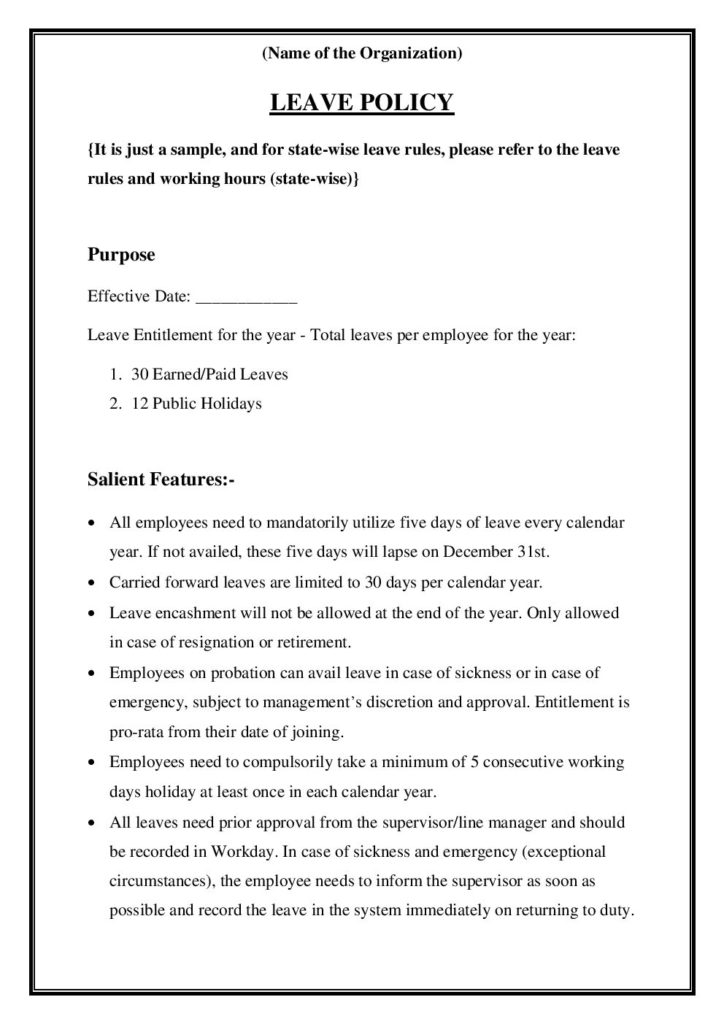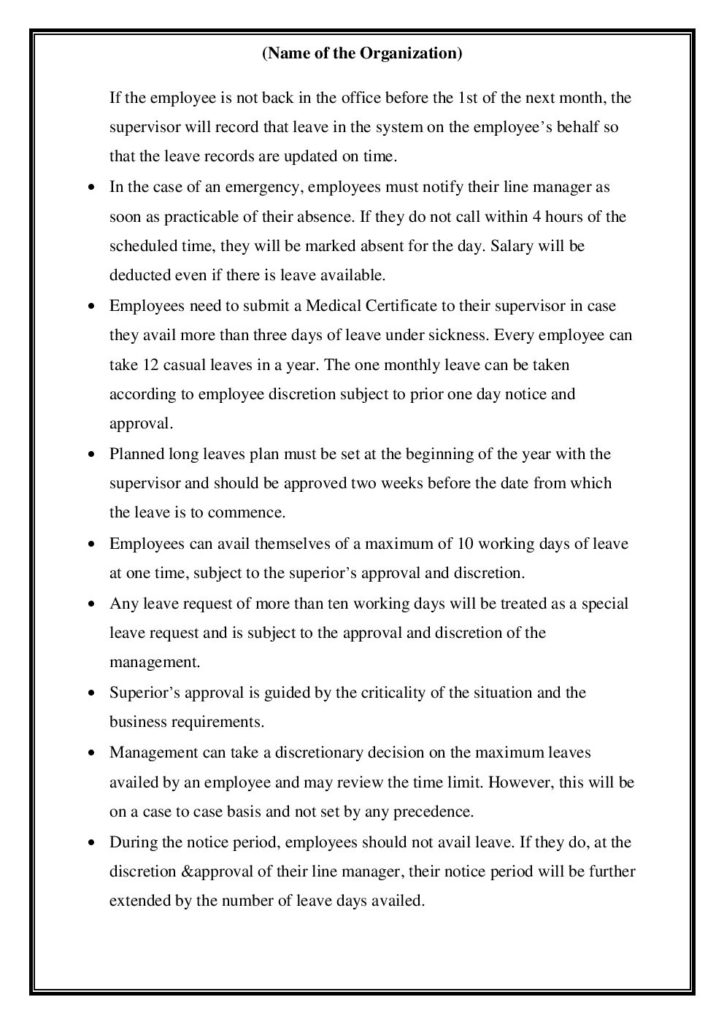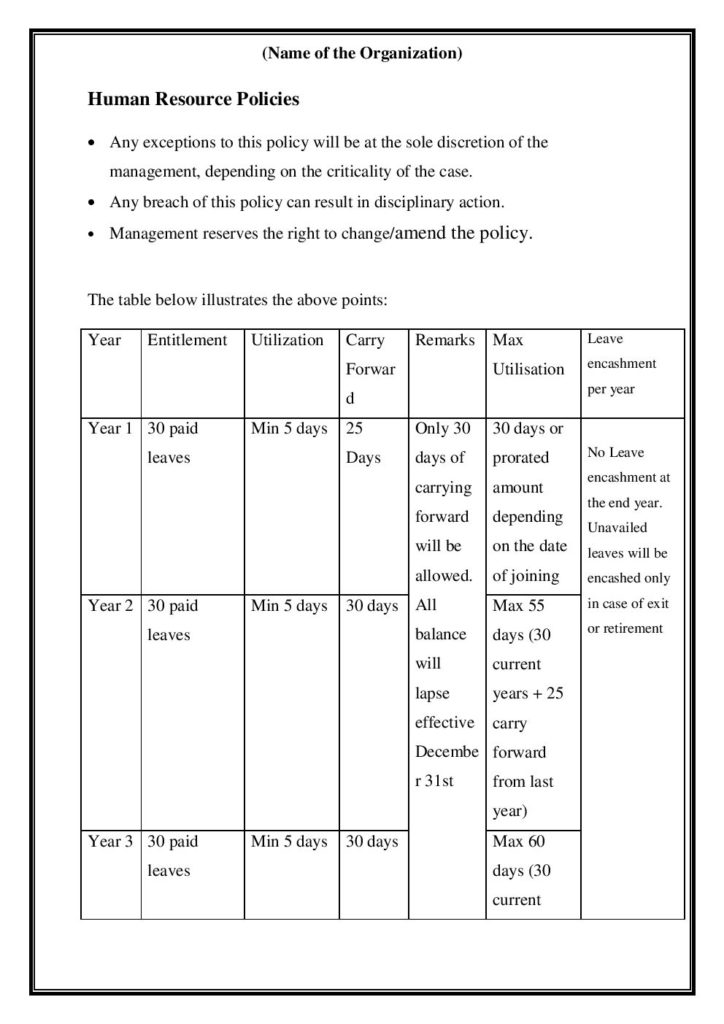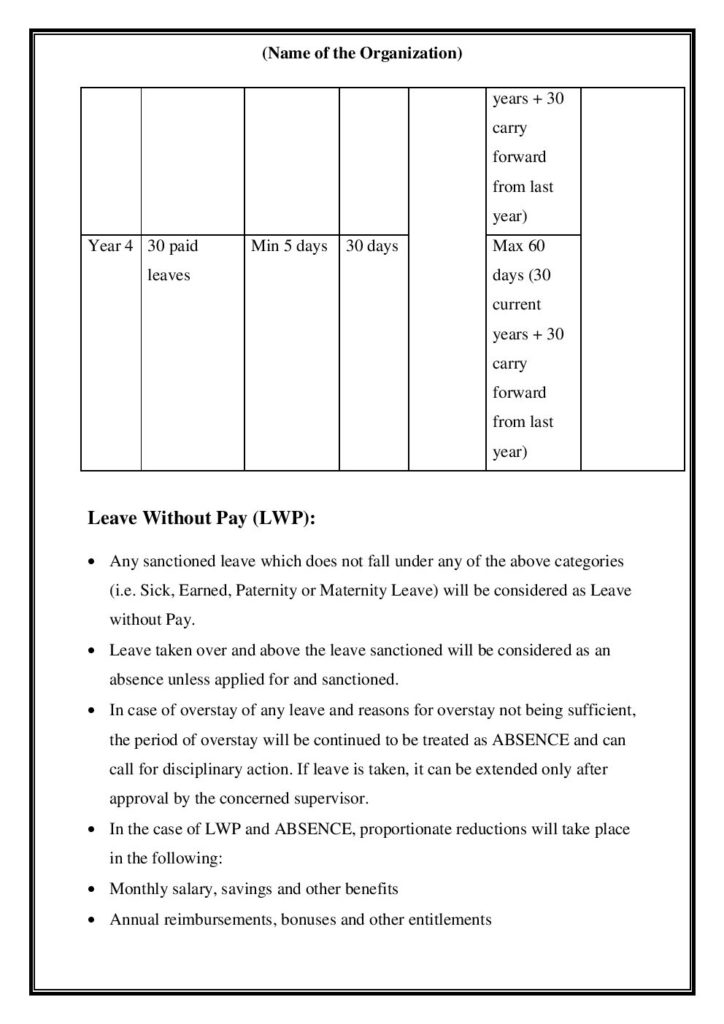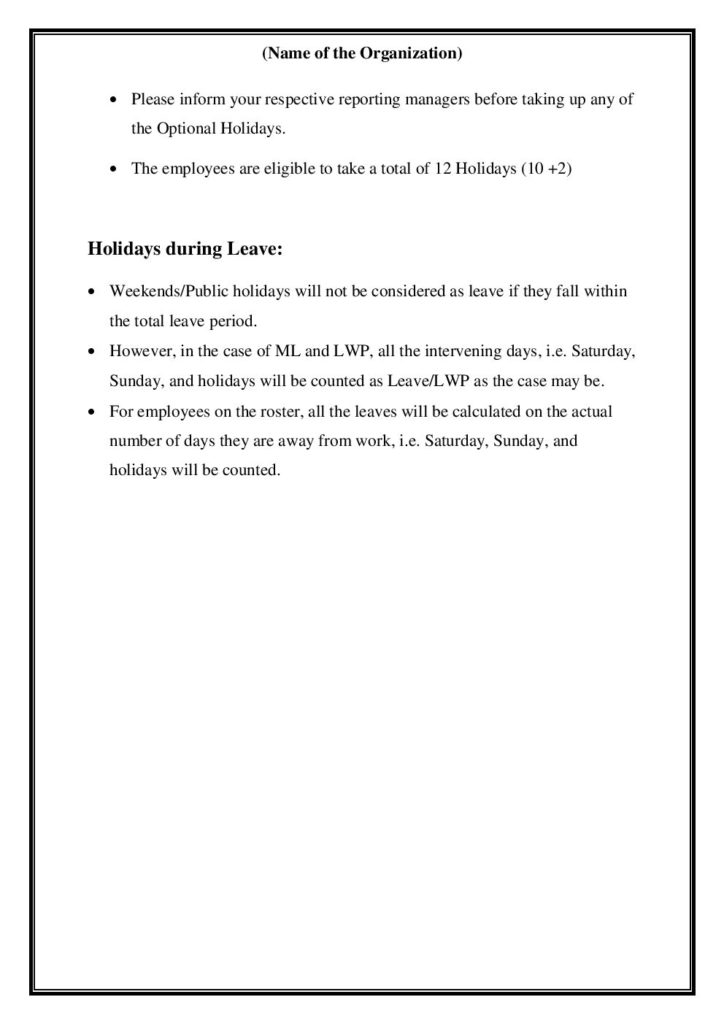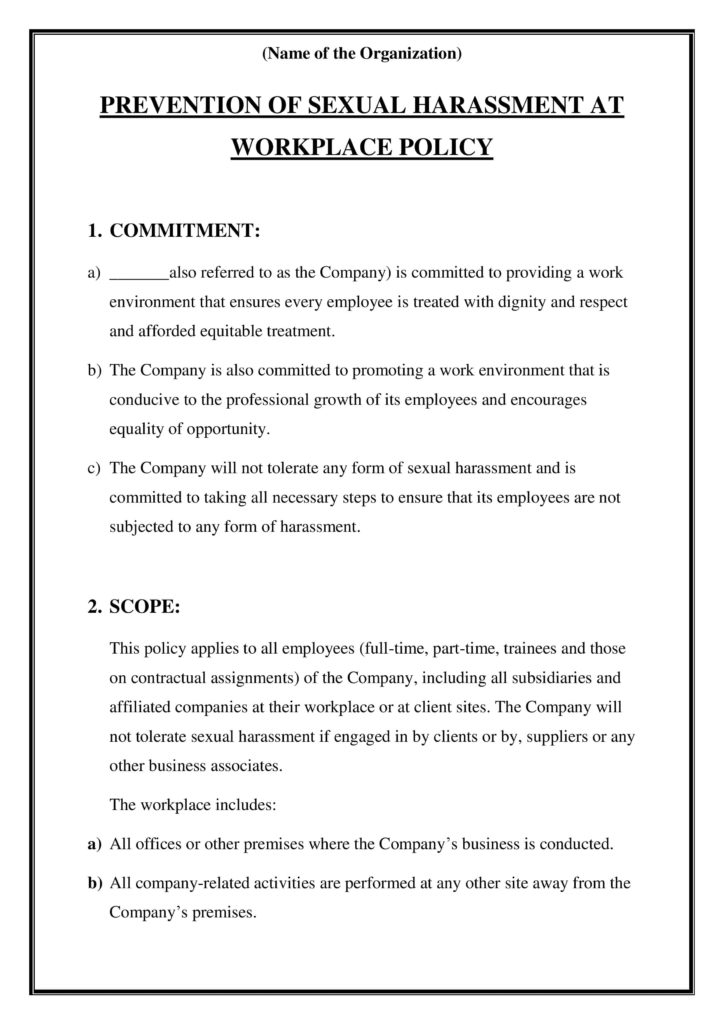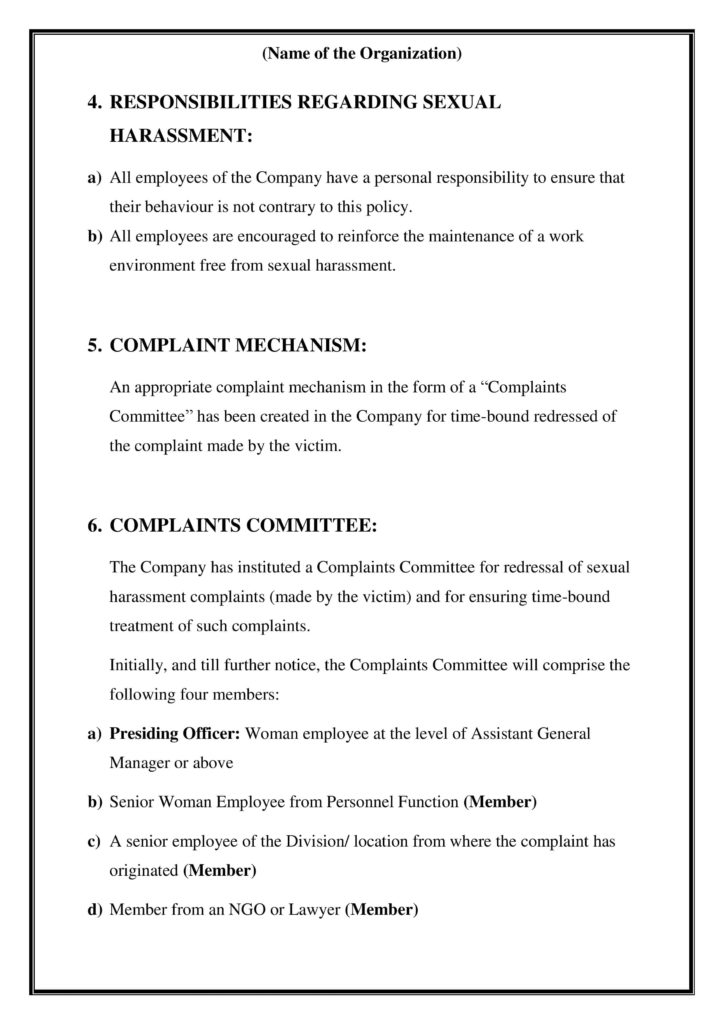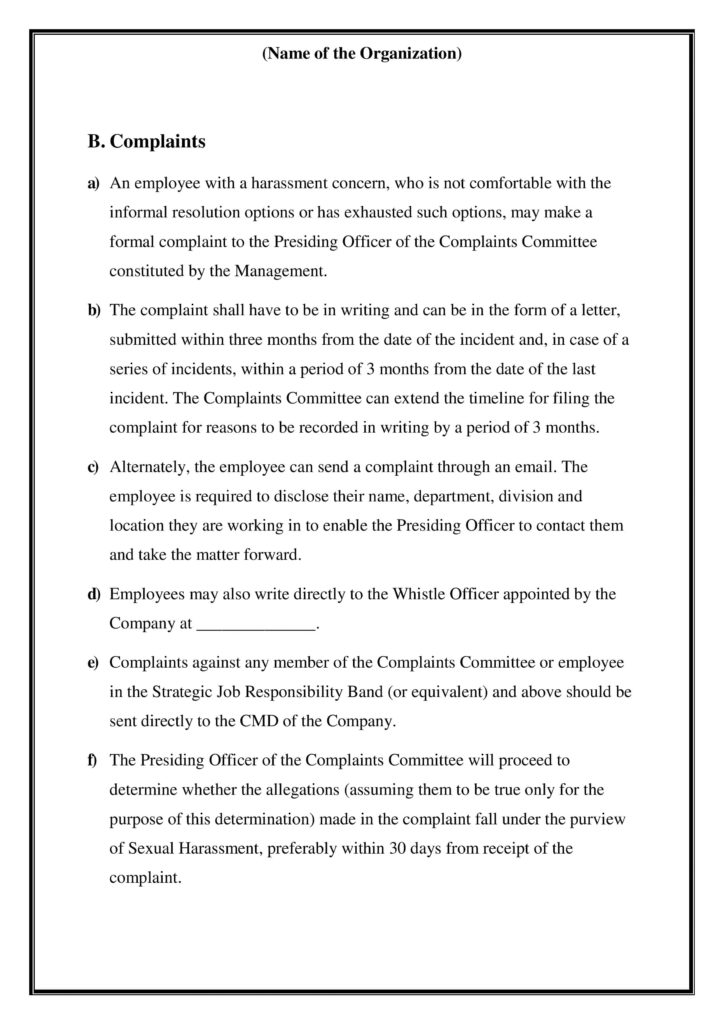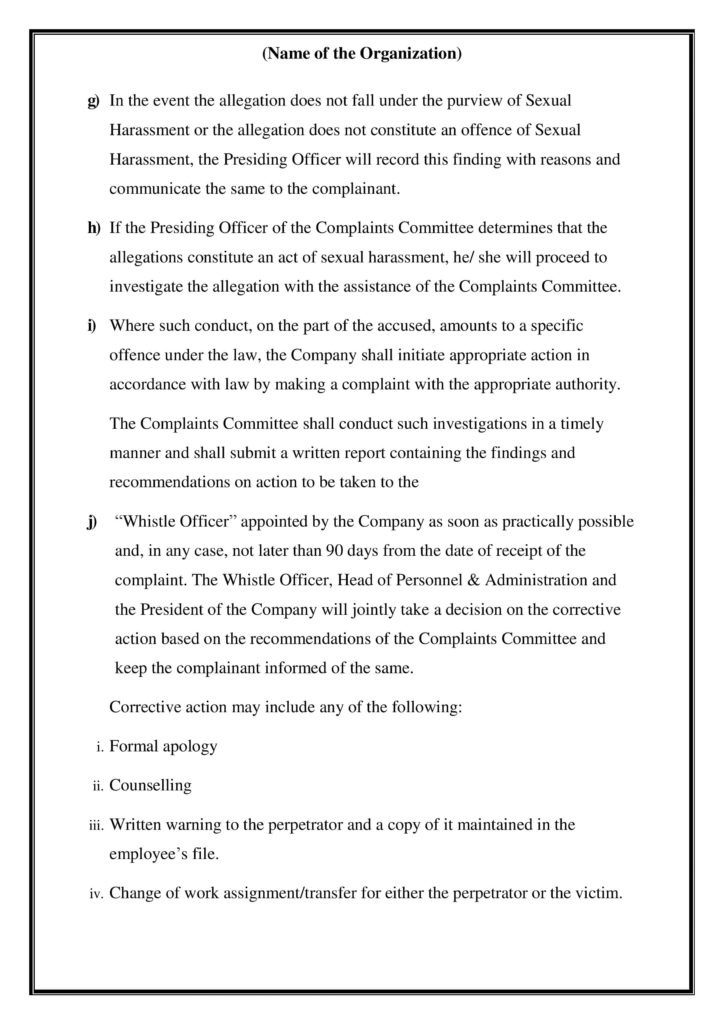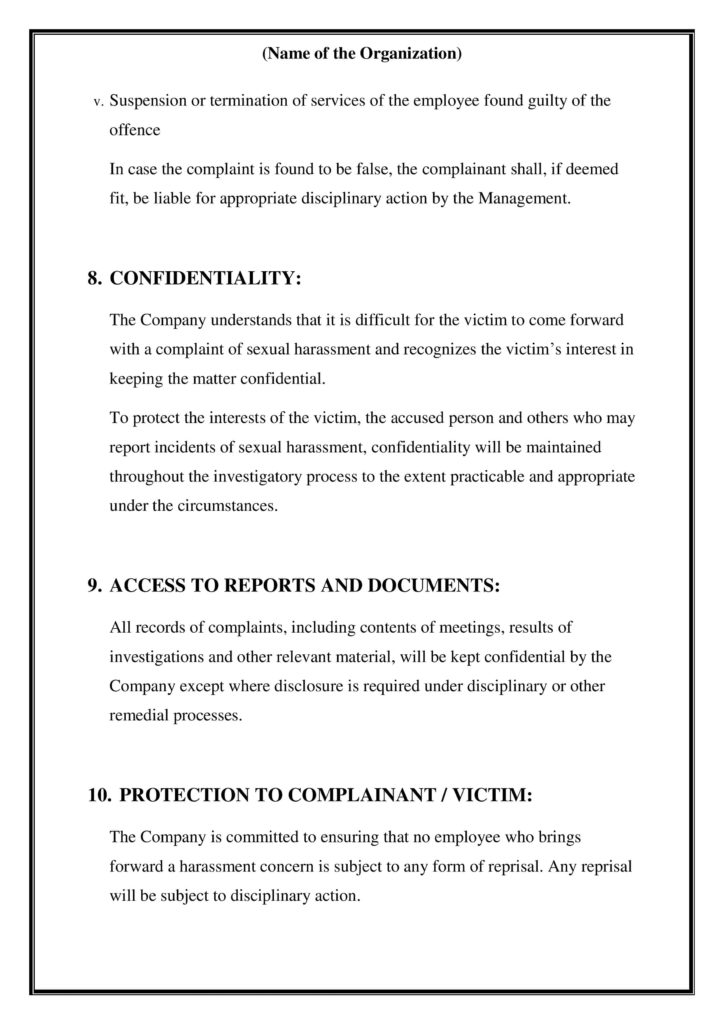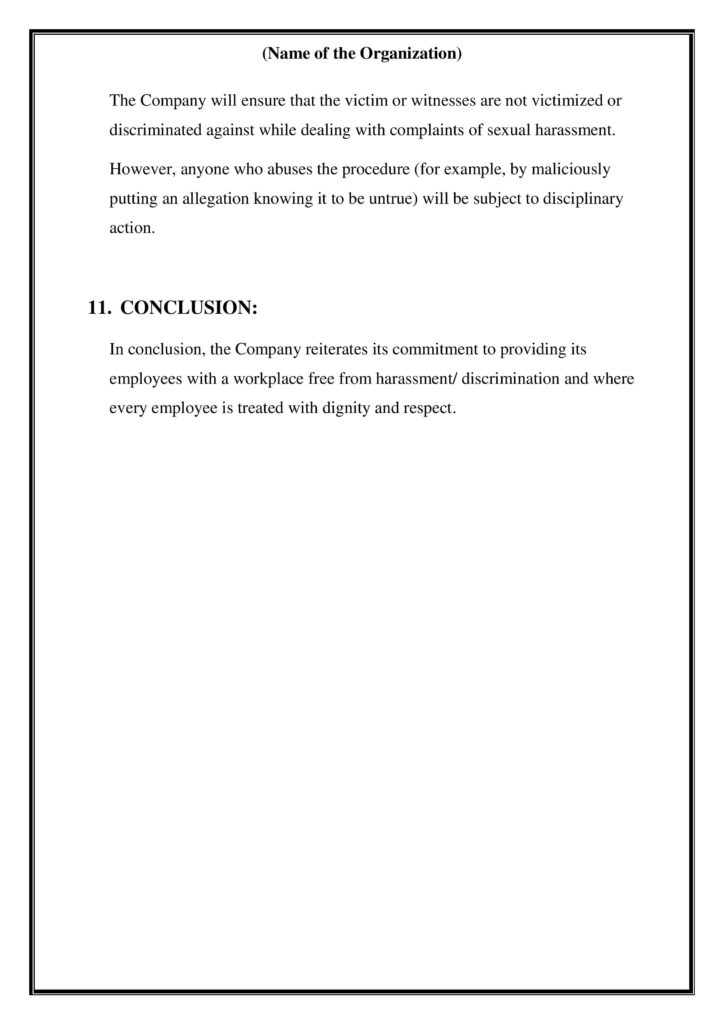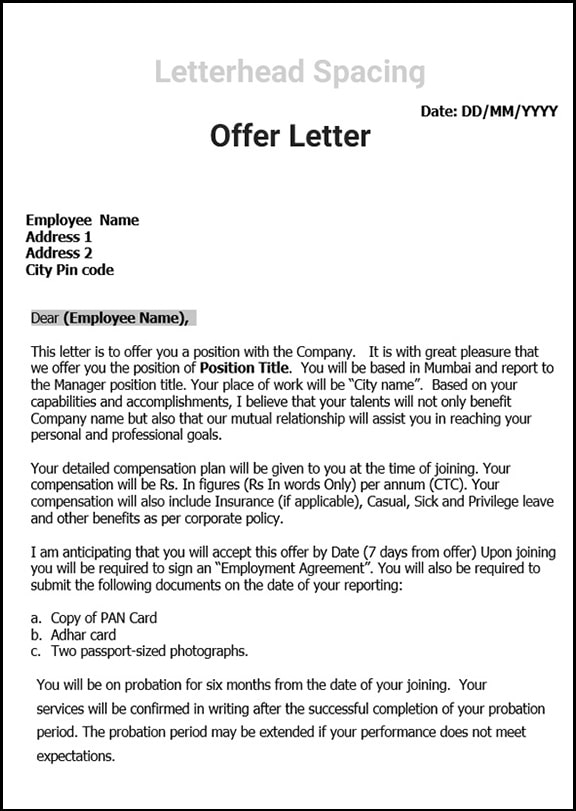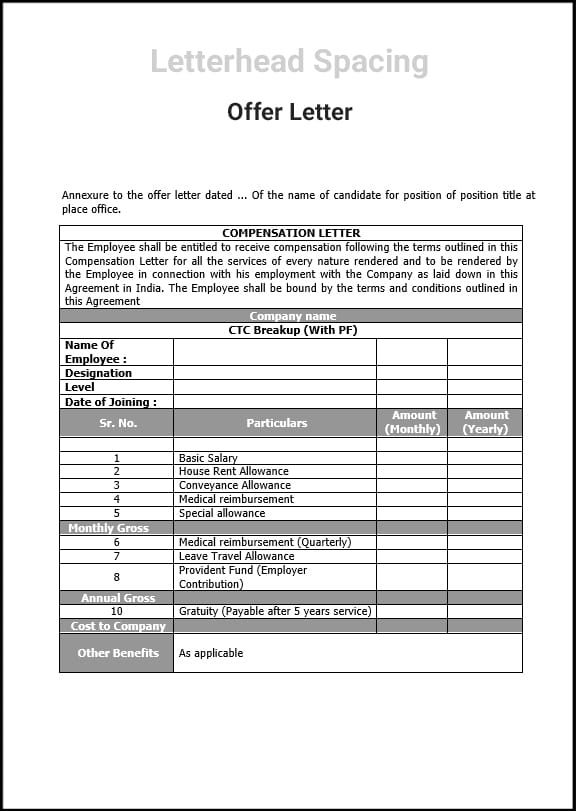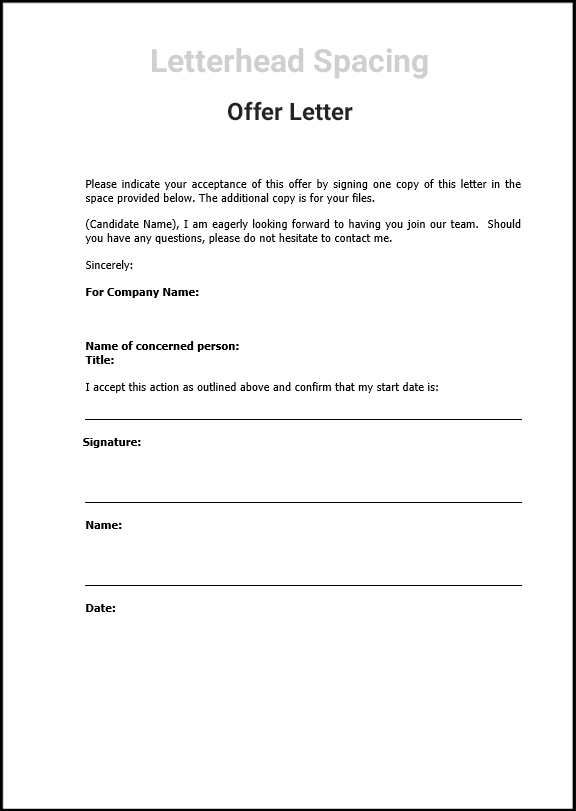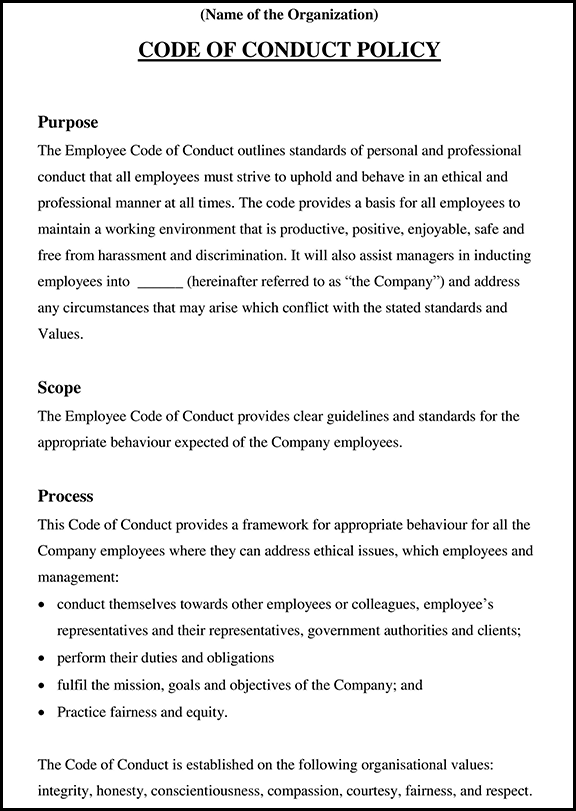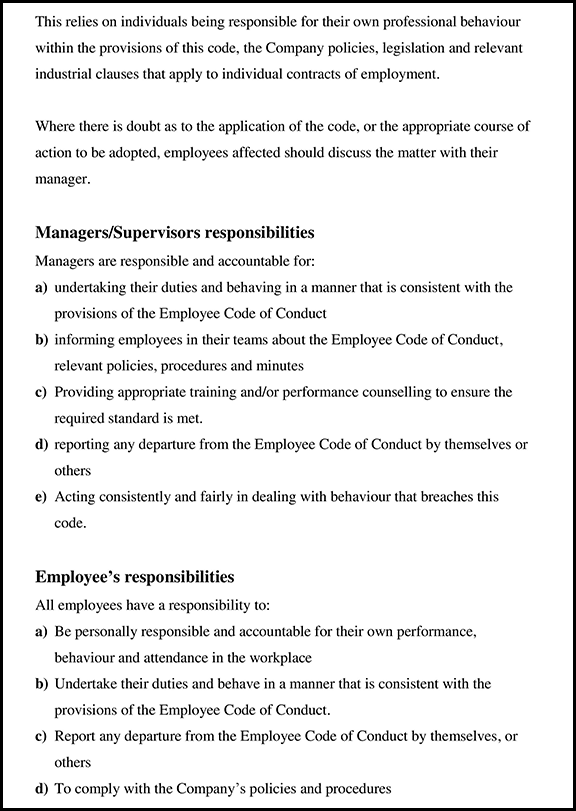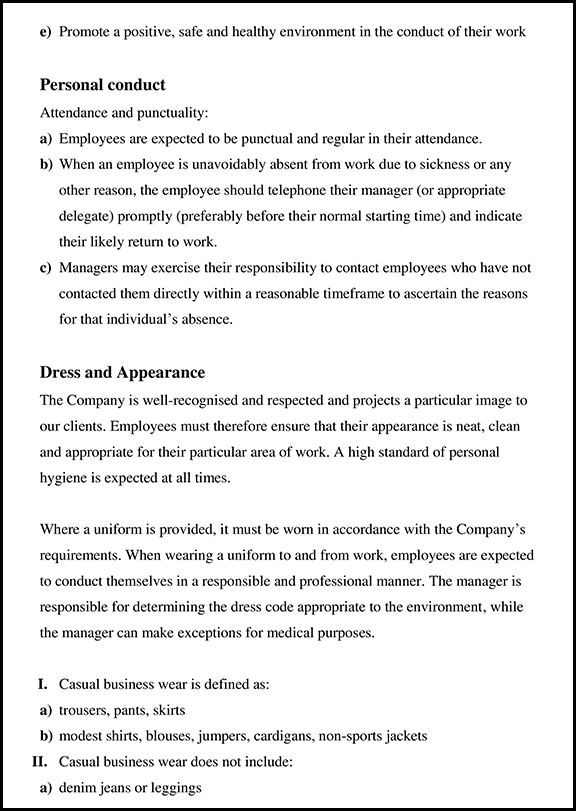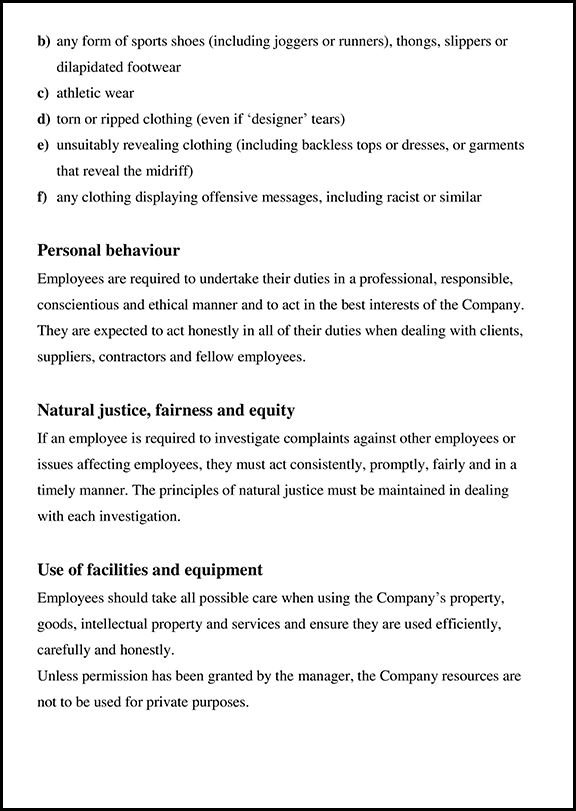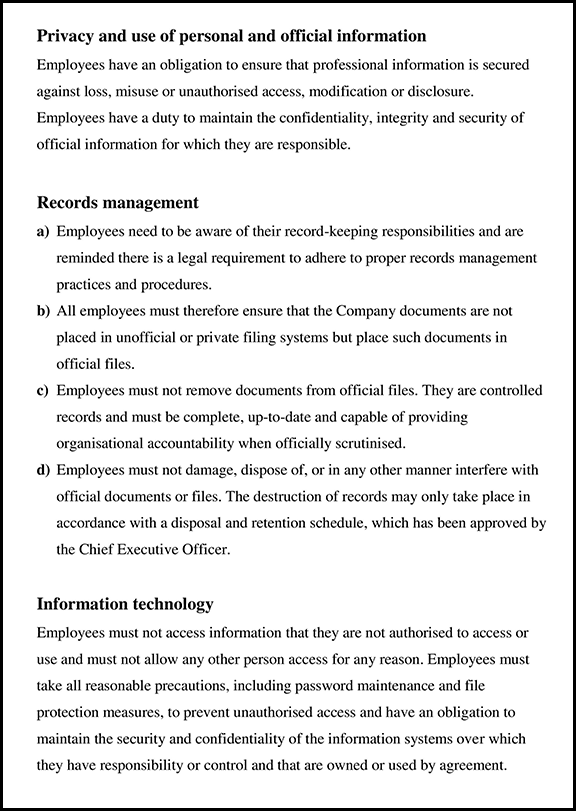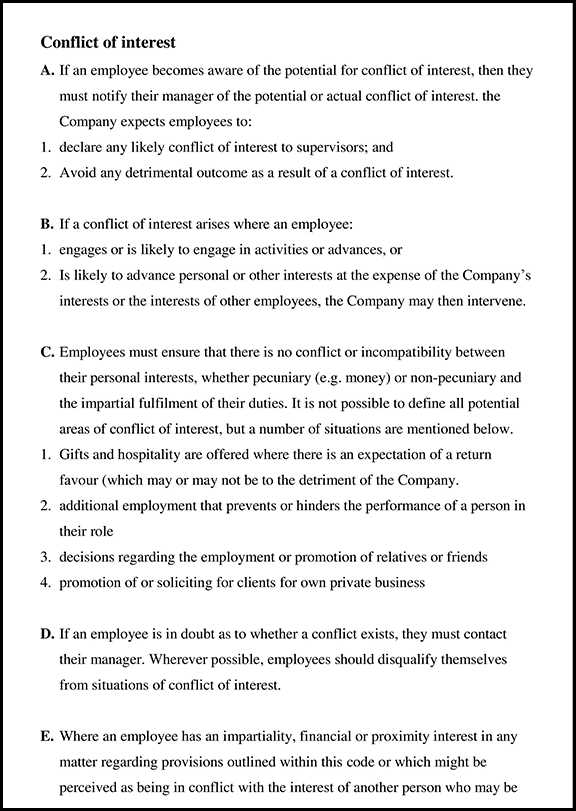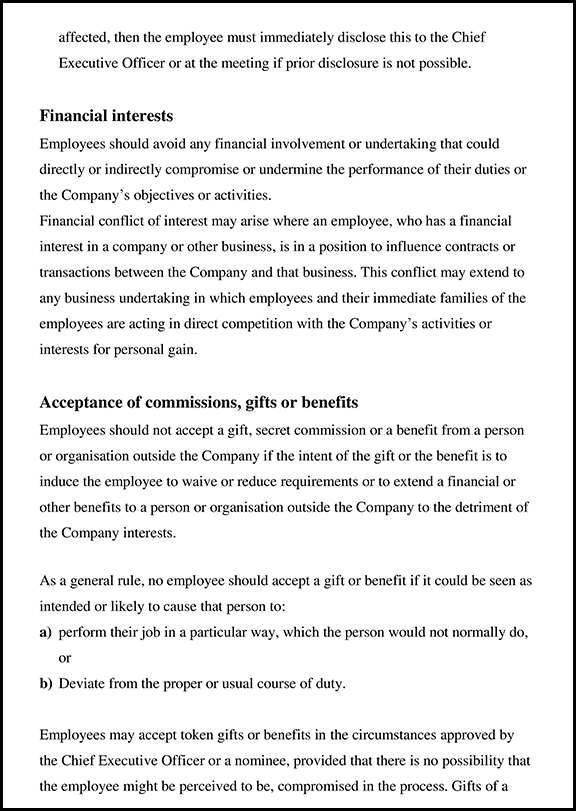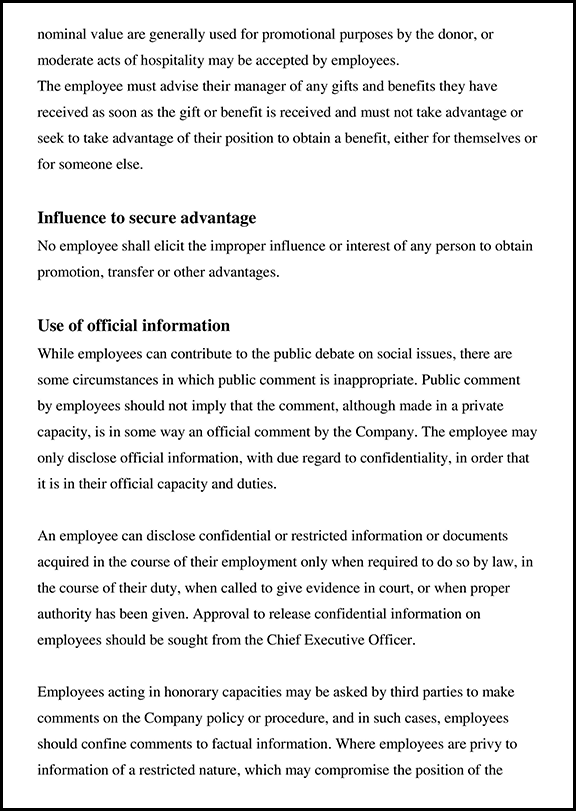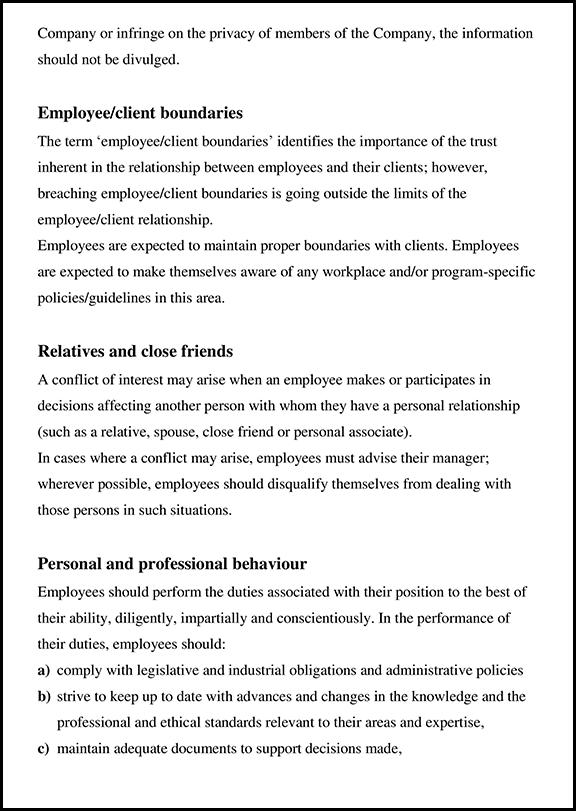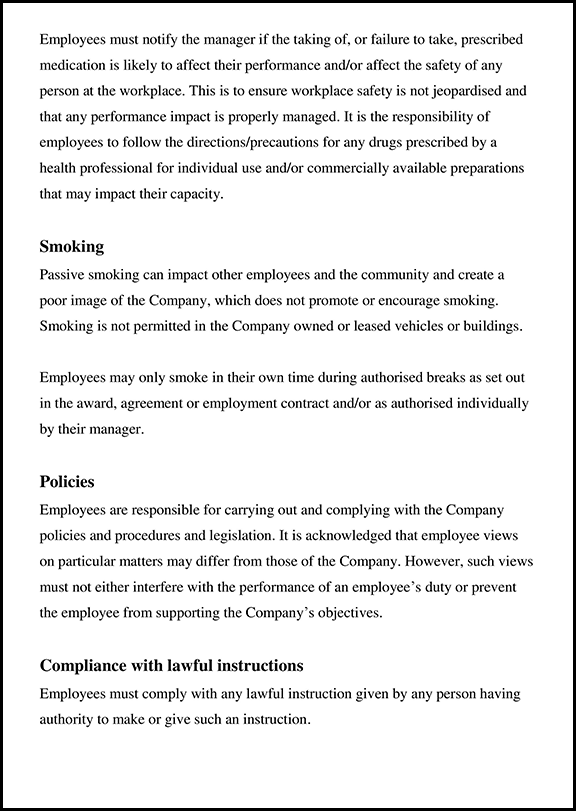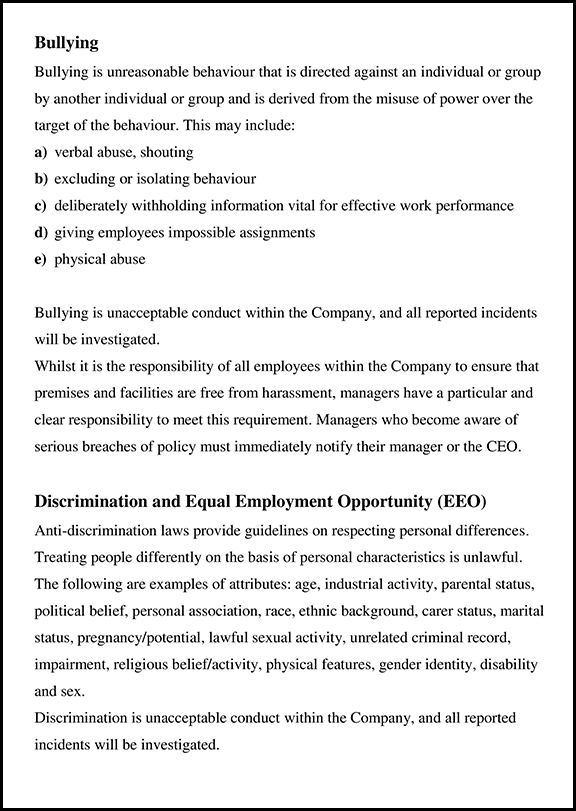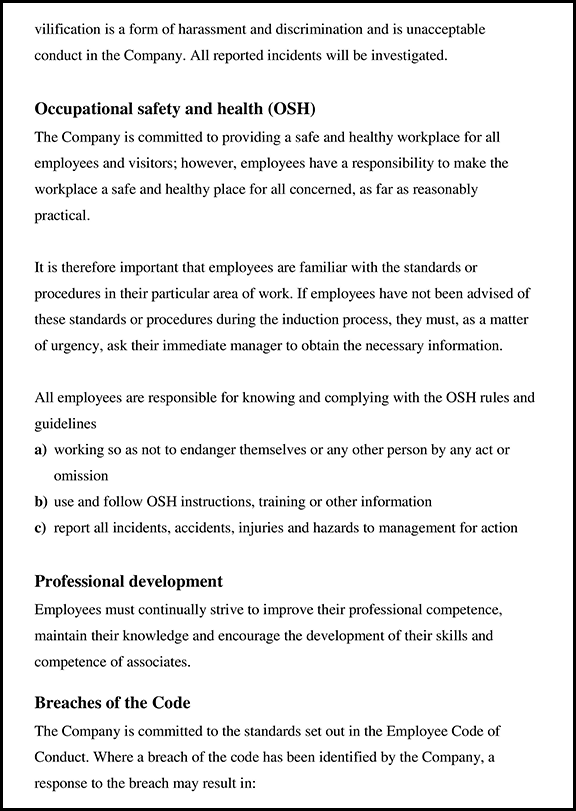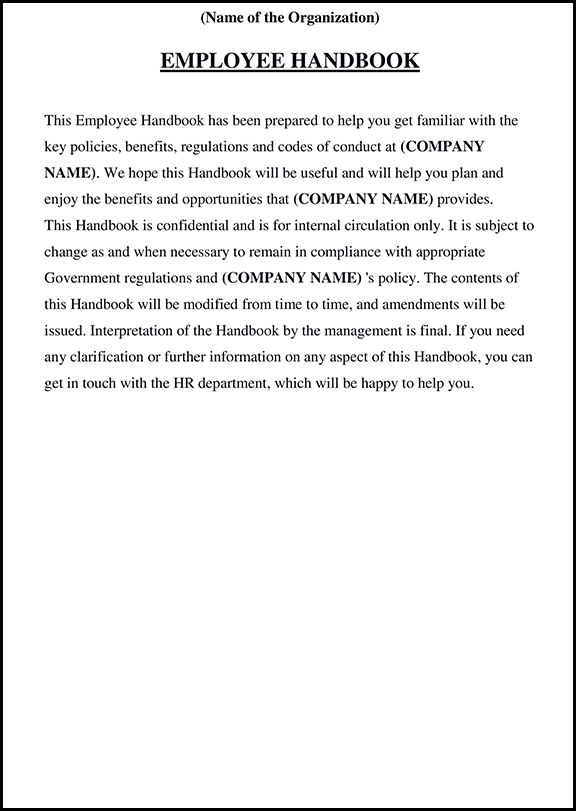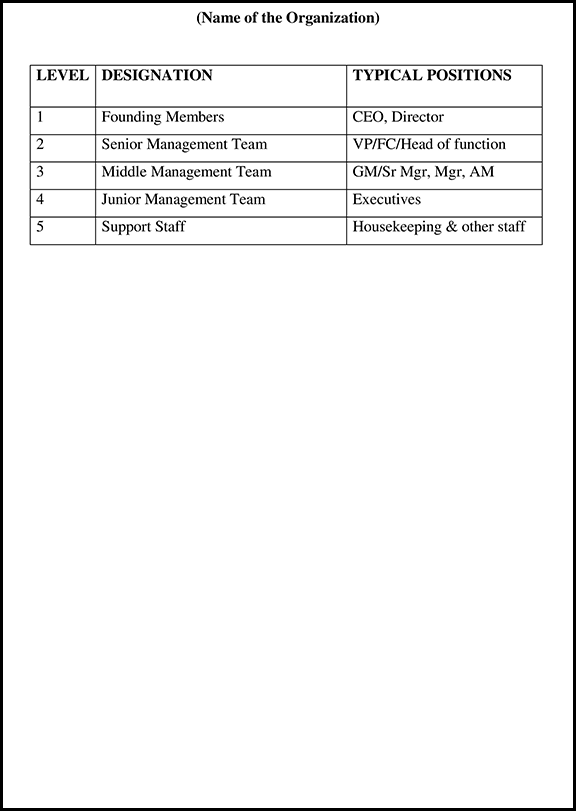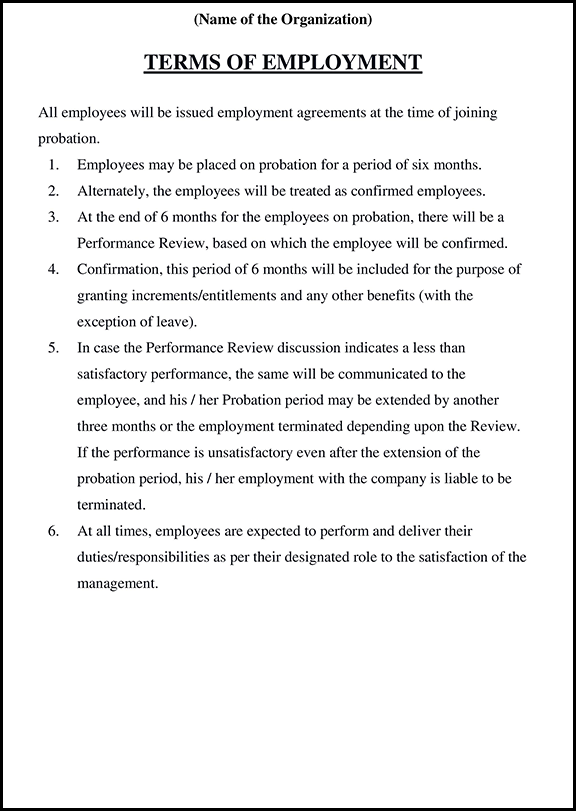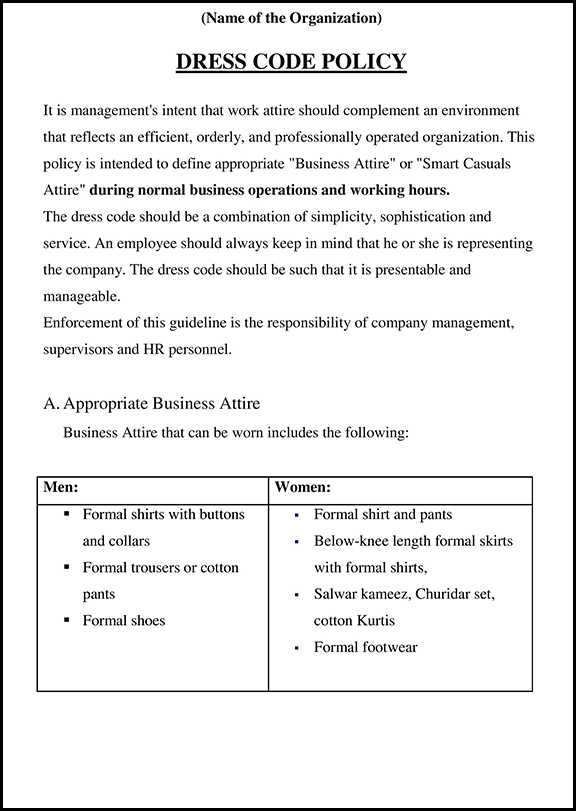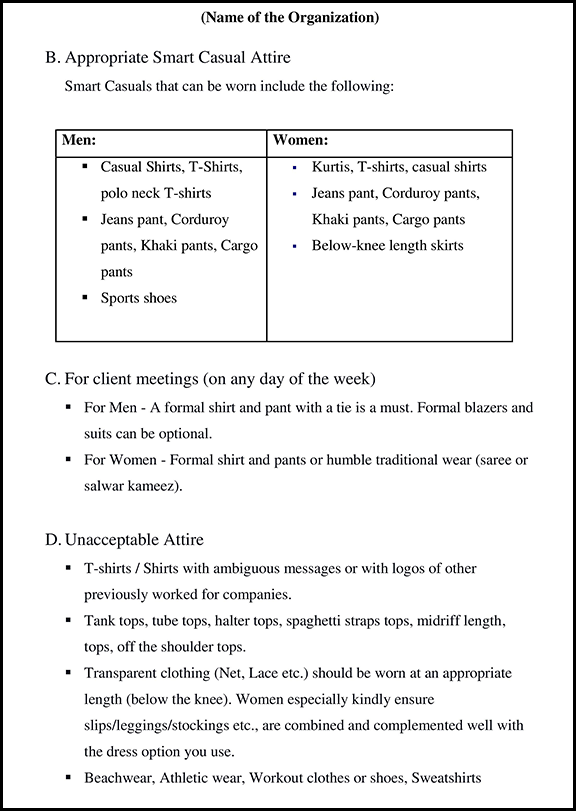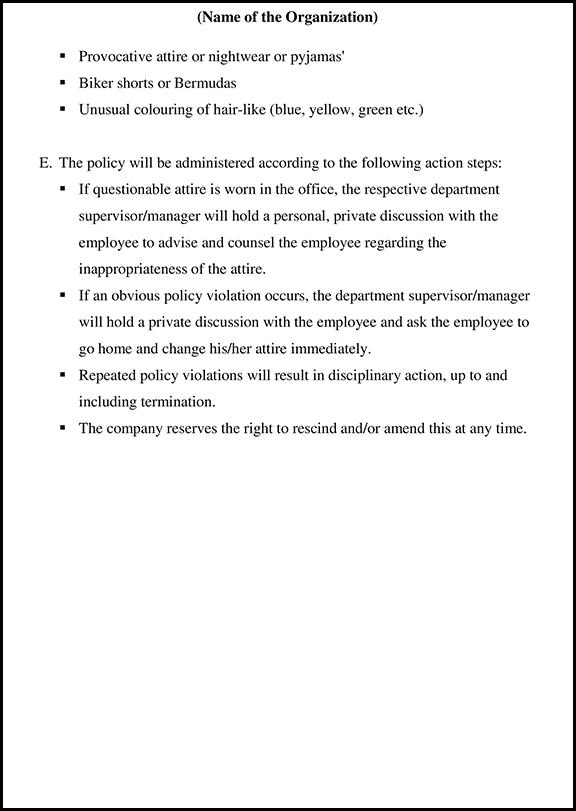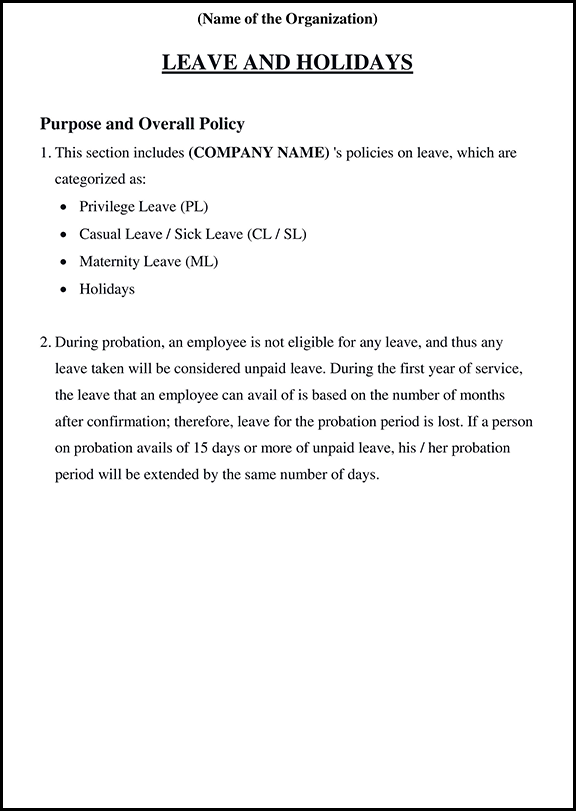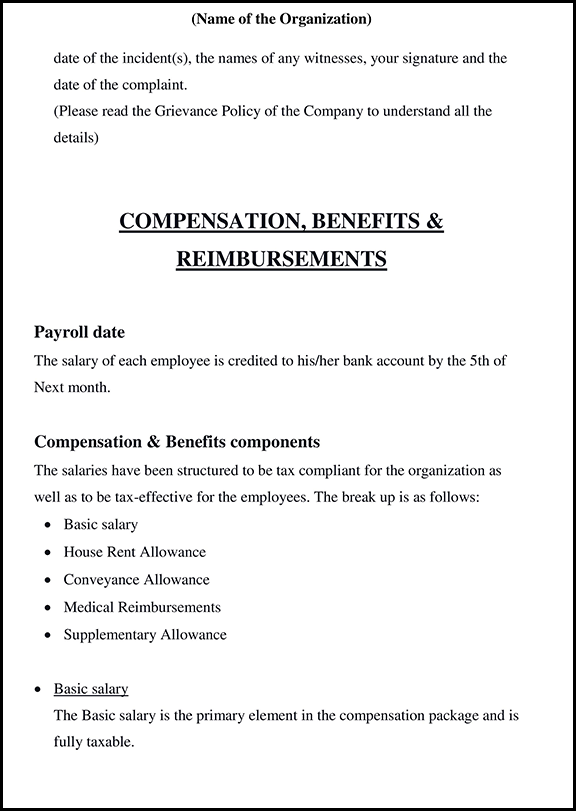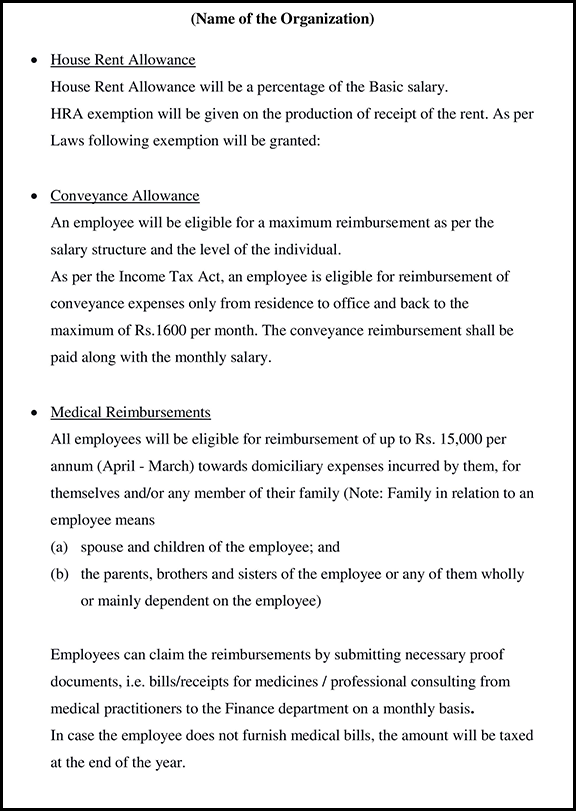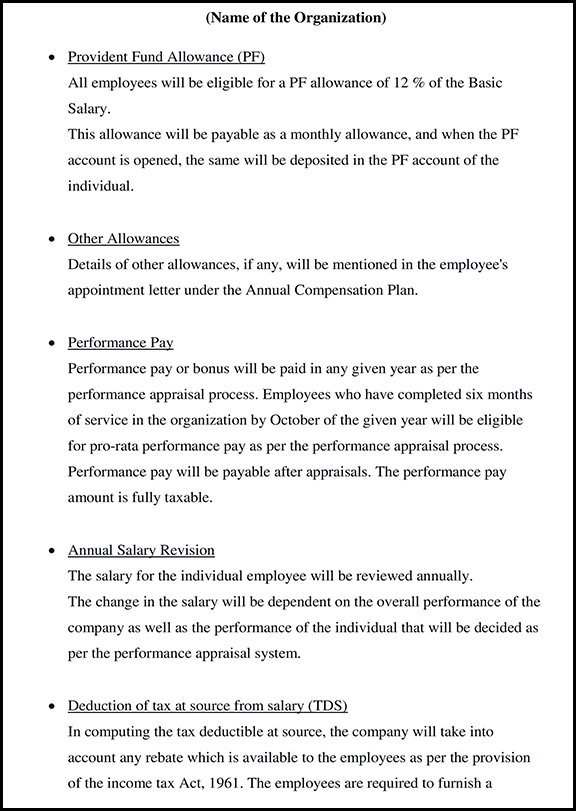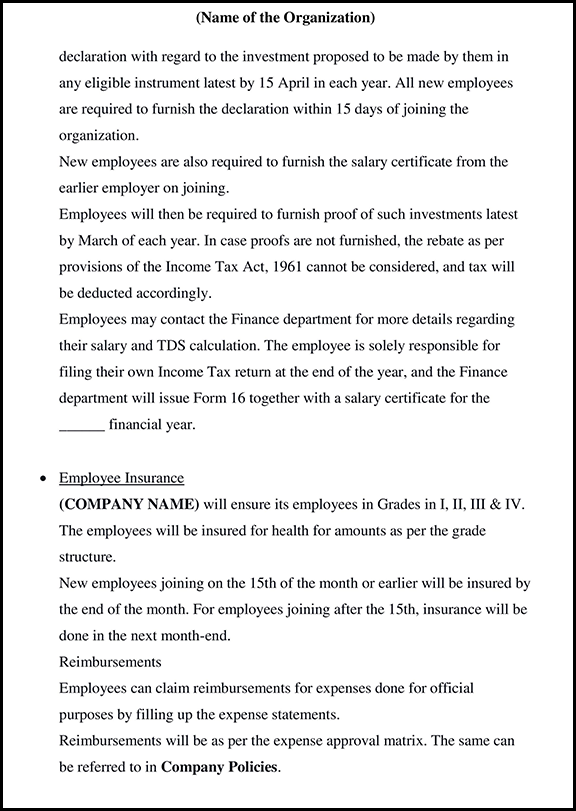
Mental Health for Employees: 9 Ways to Improve Mental Health
The stats related to employee mental wellbeing have been alarming! According to the World Health Organization, 46% of teen employees and 19% of adult employees suffer yearly mental health problems. They also revealed that 450 million people suffer from this mentally deadly disease annually. Furthermore, as per Murray & Lopez, 1996, depression became the second most significant problem in the world in 2020. Major causes of deteriorating mental health for employees are born in their daily lives affecting their work performances.
Key factors
1. The environment at home and family issues.
2. Relationship problem, feeling isolated.
3. Financial losses, business loss
4. Bullying and Sexual Harassment At the Workplace
5. Depression, anxiety, trauma
6. Workplace pressure, & Targets stress
7. Social isolation or loneliness
How Does Mental Health Affect Employees?
Good Mental health keeps an employee self-motivated, enthusiastic, and highly productive. An employee with inadequate mental health feels lazy, unmotivated, detached from reality & finds it hard to meet deadlines. Mental health issues at the workplace could lead to panic attacks, sleep disorders, obesity, increased alcohol intake or smoking, depression & anxiety. An employee could experience bipolar disorder & schizophrenia in rare cases if not treated on time. Having a toxic work culture & dirty politics leads to acute anxiety like social anxiety, panic disorder, generalized anxiety disorder (GAD), and post-traumatic stress disorder (PTSD).
According to the source, Mental health problems have higher unemployment & disability rates. Depression decreased cognitive performance by 35% & competing physical tasks by 20%. An employee suffering from mental health ailments is prone to developing cardiovascular diseases. Daily deteriorating mental health makes you feel exhausted with drained energy & reduced immunity levels. Moreover, if you suffer from depression, your risk of developing cancer, diabetes, and heart disease also increases. You can also develop eating disorders like bulimia, anorexia, and other specified feeding or eating disorders (OSFED). In the worst case, an employee might commit suicide and engage in life-threatening activities.
How do Mental Health Issues Affect Businesses?

Appreciation

Small Parties

Office Trips

Outdoor Games

Exercise

Insurance
How do Mental Health Issues Affect Businesses?

Mental health issues severely affect businesses where mental health and employment have shown a strong relationship. Businesses face a loss of productivity & efficiency due to mental health issues. If deadlines aren’t met in time, it leads to a bad reputation for the company in the market. In a few cases, you need to lose your customers forever. Businesses’ money also gets wasted on recruiting new staff repeatedly in case the old team continues to show dull performance in a row.
Moreover, an additional cost is incurred in training them for their job roles. Depressed employees have difficulty with time management, communication, and decision-making. It leads to high absenteeism of employees and disengagement from their job roles.
As stated by one of the sources, employee mental health issues lead to 3 significant challenges organizations face. These are absenteeism, presenteeism, and health care costs. In case of absenteeism, employees suffering from mental health hardship take 26 additional leaves on average compared to a mentally healthy employee. In the case of presenteeism, employees are regular but are not productive at all & show impaired work performance.
The cost incurred by companies for managing corporate Mental Health & presenteeism is 3 to 4 times higher than the absenteeism cost. In the case of health care costs, the employer-based insurance cost is two times greater for mentally ill employees compared to mentally healthy employees. Overall, mental health issues could take a toll on employees and must be addressed and rectified as soon as possible to save your business.
How Do You Keep Employees Mentally Healthy?
According to the frontiers in.org, more than 36% of Indian employees suffered mental health problems from 2020 to 2021. And, 50% of the employees faced anxiety & stress regarding their future due to covid-19 pandemic. Inculcating mental health support for employees & essential daily habits in your work schedule helps keep your employees mentally healthy. Knowing that every employee is different, you need to understand what best works for him to have good mental health.
For example, encourage walking meetings at least once a day rather than sitting & taking meetings. It will enable you to keep your mind fresh & healthy as moving is the best physical exercise. Employers provide health insurance, conduct mental health workshops, Employee Assistance Programs, subsidized clinical screenings, and provide self-mental health assessment tools to detect it early.
Mental Health for Employees is easily tackled by giving employees 3-4 small breaks between work instead of asking them to work 9 to 5 without any break. A small break for a coffee, drinking water, listening to music, etc., could relax employees’ minds while maintaining their enthusiasm. Speak with your team in between the work, ask them if they are fine & if they need extra help to accomplish the task.
Moreover, take charge of Mental Health for Employees by taking them out for small parties, office trips, etc., to keep up with the work stress. The best way is recognition & encouraging the minor achievement of employees.
Patting them off and shaking hands could change the whole scenario of pressure to a happy moment. Having an individual talk with each employee about how they can achieve their career goals, about their current struggles, etc., make them feel they belong to the company. Also, make your workplace interesting & happening. Conduct activities like games, singing, dancing, mimicry, etc. It helps employees to escape from the monotonous routine & enjoy it.
9 Ways to Improve Mental Health for Employees in the workplace
Here are the top 9 most effective ways to improve the Mental Health of Employees at the office –
1. Recognize Mental Health Crisis:
Understanding the severity of the ongoing mental health crises and taking precautions beforehand solves half the problem. According to WHO, the declaration happened in 2021, about 7.5% of Indians would face mental health disorders. They forecasted the number to increase to 20% by the year-end. Despite this, we can’t deny that the overall national healthcare budget for coping with mental health is only 0.16%. Once the companies dive into mental health crises stats, they could understand the problem better and take remedies accordingly. Prioritize corporate mental health more than anything, as it’s only the people working for you that decide your company’s growth & downfall. Having an internal Mental health service providing department would help to a great extent.
2. Offer a Health Care Plan:
Most employees get mental health problems due to their existing health issues. Well, the remaining get it in fear of what will happen to their family if they develop a significant health problem, an accident, etc., tomorrow. According to the source, the Indian government has made it compulsory to provide health care programs and medical facilities to employees post covid-19, 2020. Big brands like Kaiser, Aetna, Cigna, Blue Cross Blue Shield, and Humana offer health care plans to employees. Offering a proper health care plan brings stability to employees. Such a sense of satisfaction of having a backup health care plan keeps them mentally motivated to make them 100% focused on their work.
A regular workout with healthy food is the best weapon to fight against stress at work. Exercise relaxes the mind and improves mood. There are many ways to encourage this.
1. Keep Zumba, Aerobics, and other fun-loving sessions for all the employees either in the morning or in the evening
2. Encourage them to play games that include physical activities in the evening break
3. Provide gym, and yoga class membership coupons
4. Offer healthy snacks
When you take care of their health, they feel valued and happy. According to one study by Peapod.com, 66% of employees were delighted when their employer stored the cupboards & refrigerators regularly. 83% of employees stated that they see it as a perk when the employer thinks of providing them with healthy & fresh snacks.
3. Create Positive Culture:
A positive culture is integral to every organization. Researchers say that the vibes, aura, and ambiance of every room you enter significantly affect your mood and mental health. Maintaining a positive culture inside & outside the company helps better deal with employees’ mental health problems. According to the source, 58% of employees think about leaving their job or have quit immediately due to the negative office politics and destructive culture. Employee mental well-being brings a positive outlook toward work & challenges ahead. A positive social environment makes you feel indulged, wanted, and happy about working at a particular office. The comfortable feeling helps you to put 100% effort towards work & increase productivity.
4. Conduct Mental Health Program:
Mental health awareness programs help individuals recognize mental health problems. Researchers say that more than 40% of employees are not aware of their existing mental health issues. These issues manifest in anger, irritation, misbehaving, and low work performance. As a result, employees can better understand their mental health, act accordingly & save themselves from deadly depression. Mental health problems cover all the knowledge about how mental health hardships start, employee mental well-being, and how they affect human health. Knowing all the symptoms in advance could help you cope with the situation better.
5. Increased Productivity:
Boosting productivity significantly affects an Employees mental health. If an employee has a poor performance graph, try to support him in multiple ways to enhance his productivity. For example, if an employee faces an issue closing a final deal, try taking up that call and closing the client. Or, if he finds problems in working on an excel sheet, try teaching him the basics of excel without making them feel dumb. Team Working and supporting each other through hardships will boost the confidence of a low-working performer. The work gets done at the earliest, using these small tactics.
6. Mental Health Training:
Mental health disorders are not directly visible to the eyes of others. A person might seem happy but could be feeling deadly from the inside. When an employee undergoes mental health training, he understands mental distress in himself and others. All that this training focuses upon is the employee’s mental well-being. Such training sessions eradicate the stigma attached to mental health problems by teaching employers & employees about ordinary mental health circumstances. After the training, people can easily spot the symptoms & warning signs like depression, trauma, stress, suicidal attempts, PTSD, anxiety, cyberbullying, etc. Once you are well versed with these signs, you are in a better state to detect and timely help the person facing a mental health disorder.
7. Use Communication to Reduce Stress:
Healthy communication with a good listener solves more than ½ of your stress. Sometimes, you need to speak your heart out loud about what’s bothering you. For example, the stress level increases by 10x when you aren’t performing well in your job. But, keeping this to yourself could lead to severe mental health problems. Clear and healthy communication with your employees is the first step to achieving overall employee mental well-being. According to the ‘American Institute of Stress,’ stress isn’t a negative response to a difficult situation. Instead, it increases your productivity whenever handled constructively. Talk to the people around you, like your friends, colleagues, HR, boss, and family members, to ease your mental health worries.
8. Encourage to Work on Strengths:
“Emphasizing strengths is better than criticizing weaknesses.” Every employee has at least one power, and that needs to be carefully recognized by their employers. Communication skills, MS Excel skills, debating, volunteers, sales closing, operational skills, etc. If somebody is good at dancing, singing, playing guitar, or decorating, encourage them to participate in every event organized by the company. Once you compliment employees about their strengths and encourage them to get better at them, you get one step closer to employee mental wellbeing. Employees this way find it better to deal with their mental health struggles.
9. Team Building Activities:
Conducting various brainstorming and fun team activities ensures the development of outstanding bonds between different employees. It is one of the most accurate techniques to understand your weaknesses, strengths, problem handling skills, communication skills, etc. Companies can conduct Team building activities like role reversal, blind drawing, rapid-fire, house game, truth & date, scavenger hunt, etc. Mental Health for Employees comes back on track when they are invited to participate in these team-building activities. When employees feel they belong and are involved, their mental health automatically stays in place. Moreover, teammates develop trust among each other & feel free to discuss problems bothering them at the workplace.
FAQ
1. Why is Mental Health for Employees at Work Important?
Workplaces following strictly healthy mental state protocols are likely to benefit long-term. With the overall increase in productivity, companies also witness a lesser absenteeism percentage. Apart from this, they profit from the tremendous economic gains. Companies need employees who are regular, spontaneous, proactive, competent, team workers, confident, creative, and good decision-makers, along with problem-solving skills and out-of-the-box thinking capability. A person suffering from mental health illness would not possess these qualities & this might make him unfit for the job despite his degree qualification. Henceforth, companies don’t want to compromise on such things.
2. How do you Help an Employee Who is Struggling?
The first way to help a struggling employee is by listening to him carefully. Let him know that he isn’t alone in what he is going through. Identify the significant cause of the problem, ask him to elaborate, and understand whether the problem is personal or professional. If the issues related to Mental Health for Employees are professional, connect him to the expertise in his field and if it’s personal, connect with a mental health counselor. Meanwhile, comfort & console him by providing the right advice and alternatives to get work done at the earliest. Focus on his strength, achievements, and how valuable he is to the organization. Moreover, by praising his efforts and hard work, you could get closer to his heart to bring him out of the depressive zone.
3. Should I Resign if my Job Affects my Mental Health?
Quitting a job is the only option for employees suffering from mental health issues. Although, leaving a job isn’t a solution as a first step to solving your current situation. Reach out to your HR, colleagues, boss, family, friends, therapist, and mental health counselors. If, after explaining your case, you cannot find any solution from your organization’s side, which is rare, then obviously, putting in your notice period letter and quitting is a better option. But, make sure you have other career plans or job offers when you quit your current job. Also, it would help if you focused on your mental health in cases where you are clinically diagnosed with a mental health illness. If you find yourself getting troubled due to the severe symptoms drastically affecting your personal life apart from your professional work, then treatment is advised.
Conclusion:
Corporate mental health is a serious topic that needs a lot of digging to save the lives of innocent employees. Mental health and employment are inseparable from each other. A positive work culture leads to good mental health – vice versa. Therefore, companies should work more on bringing mental health support to employees to ensure 100% employee mental well-being.
Join a Community of 1,00,000+ HR Professionals













